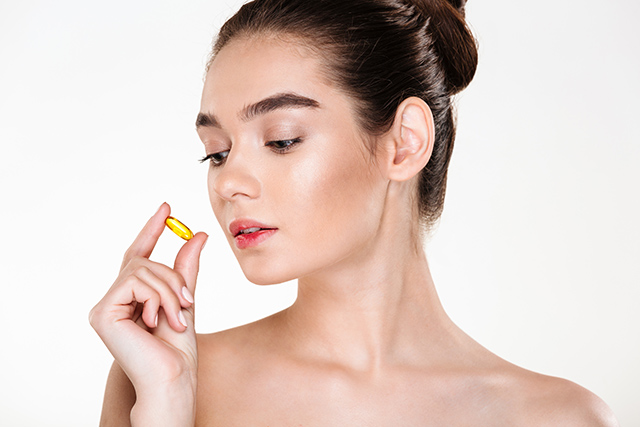Why Should I Use a Natural Sleep Aid?
Getting enough sleep is an important for your health. Difficulty falling asleep is a common occurrence. For many people, this means trouble sleeping every now and again or for a short duration of time. In recent years, more people are using sleep aids. So why should you use a natural sleep aid?
Almost one-third of Americans sleep less than seven hours a night. Many of them use sleep aids and medications in an attempt to get the proper amount of sleep. In recent years, more people are turning to natural sleep aids due to the increasing number of individuals who have tried them.
If your sleep problems are infrequent, then using home remedy or an over-the-counter product may help you fall asleep. However, improving your sleep hygiene can help prevent these types of issues. First try the following before getting a sleep aid:
- Set a fixed wake-up time
- Exercising for at least 10 minutes per day
- Limiting daytime napping to 30 minutes or less
- Avoiding caffeine and other stimulants before bedtime
- Passing on heavy foods, like fatty or fried meals, before bedtime
- Do quiet reading, active movements, listening to music and exercises at least 30 minutes before going to sleep
Related post: Healthy Sleep Tips
However changing sleep routines, diets or habits is sometimes not easy. Instead, many people turn to natural sleep aids that are known to relax and promote sleep.
Some people wish to avoid using medication in favor of a more natural alternative. Since the FDA doesn't review natural sleep aids, it can be difficult to find the best one for you. Always try nonmedicinal, nonherbal approaches first. It is advisable to talk with a doctor before starting to use any natural sleep aid.
Learn more










Post a Comment
0 Comments